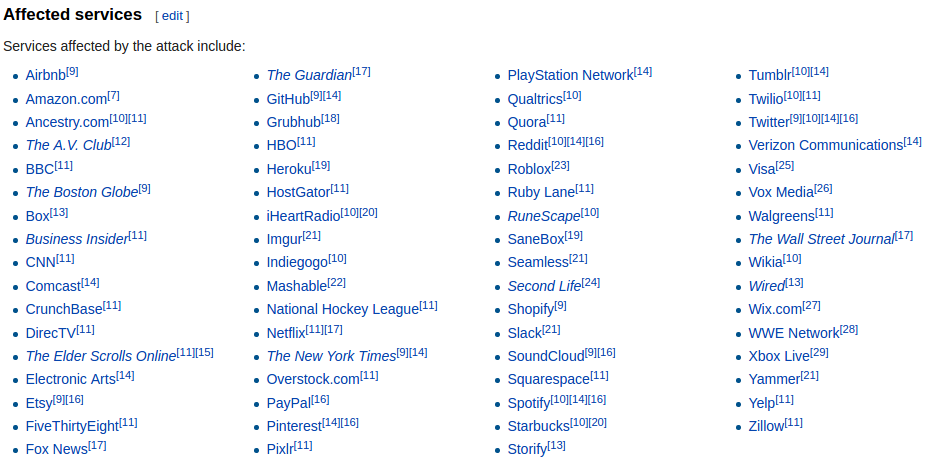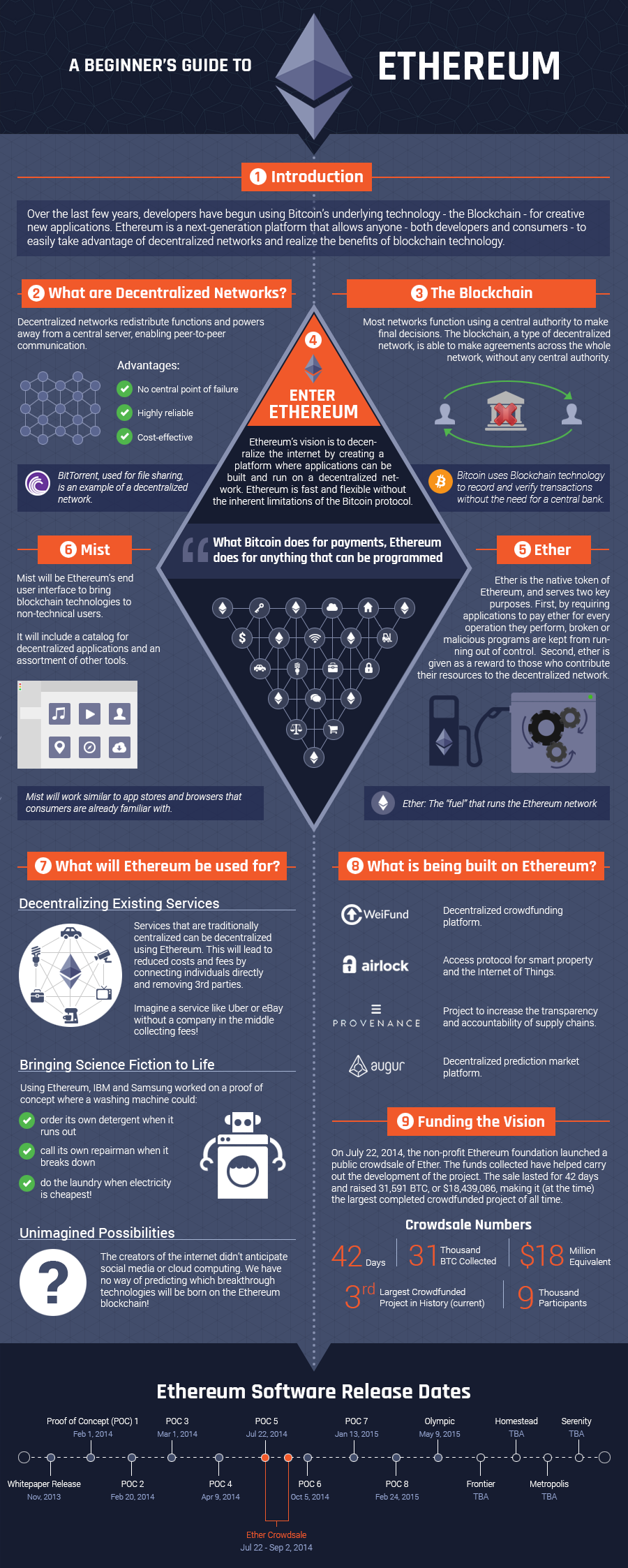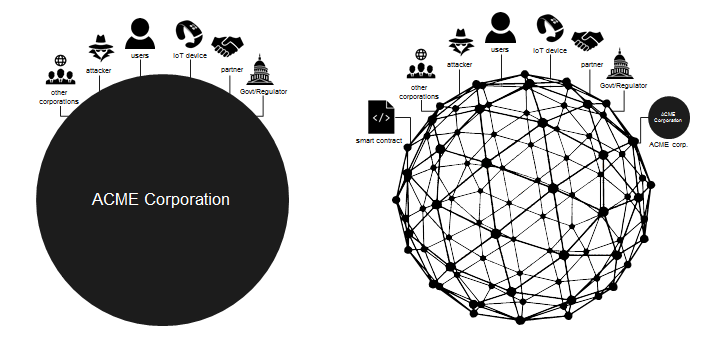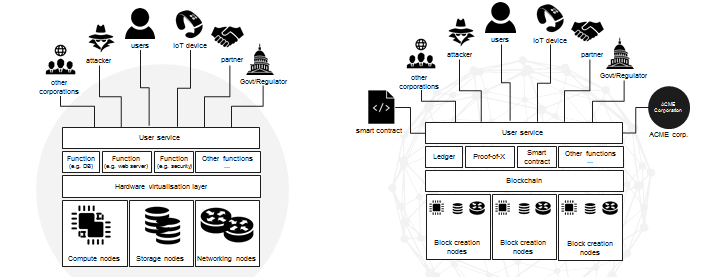Ethereum is a platform like the Internet.
Most of the Internet is made of computers that are centralized: meaning they belong to one company or government.
The problem with this is when something happens to the one company, whether it is Facebook, Google, Apple, etc. then you either cannot talk to friends, do searches, and so on until the company is able to fix it. When something goes wrong or shuts down, the whole thing shuts down, and that is a weakness of the centralized Internet.
As an example, the October 2016 Dyn cyberattack affected major sites including Amazon, Twitter, Reddit, Paypal, Netflix...

Now imagine an Internet that is made of everyone's computers. Imagine Facebook running this way, so that when some computers have a problem, there are many other computers on the network that will still be working and you can still use Facebook. The only way for the whole thing to shut down, is if literally every computer on the network did shut down.
This reliability, you can see, is an advantage of a decentralized Internet: there is no single point of failure.
You probably have questions on how a decentralized Internet can work, for example how could everyone's computers run Google? The answer is that Ethereum is complementary technology to the Internet, not its replacement. Some things will run best in a centralized way, others will run best in a decentralized way.
Until Ethereum, the option to run in a decentralized way, did not exist.
There are answers that explain more details about Ethereum, the blockchain, smart contracts, and so forth, but fundamentally Ethereum is significant because it adds a new dimension and paradigm to the Internet.
Note: This explanation focuses on the "non-technical friend", and is not trying to be technically accurate.





